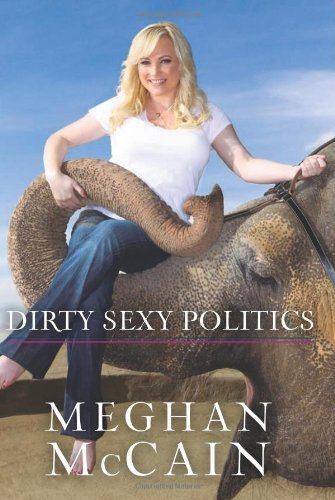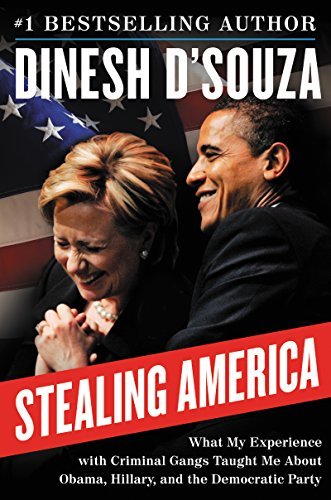
Game Change: Obama and the Clintons, McCain and Palin, and the Race of a Lifetime
Book Description
A fierce battle for the soul of America unfolds as four political titans clash on the national stage. Barack Obama rises with formidable charisma, while the Clintons wield their legacy like a double-edged sword. John McCain stands as a war hero entangled in controversy, and Sarah Palin storms in like a whirlwind, challenging all conventions. Secrets are unveiled, alliances are tested, and every twist brings heart-stopping tension. This is not just a campaign; it’s a high-stakes drama that will define a generation. Who will emerge victorious, and what will they sacrifice to claim the ultimate prize?
Quick Book Summary
"Game Change" provides an insider's look at the tumultuous 2008 U.S. presidential election. Authors John Heilemann and Mark Halperin weave a gripping narrative that reveals the personalities, strategies, and behind-the-scenes dramas of key figures: Barack Obama, Hillary Clinton, John McCain, and Sarah Palin. The book exposes the fierce rivalries and backroom deals that shaped the race, highlighting moments of vulnerability, ambition, and miscalculation. Drawing on extensive interviews with campaign insiders, "Game Change" illuminates how Obama harnessed hope and charisma, the Clintons navigated legacy and disappointment, McCain fought against the odds, and Palin redefined the role of a vice-presidential candidate, often sparking controversy. The result is a high-stakes, character-driven story of political chess, ambition, and the transformative election that changed American politics.
Summary of Key Ideas
Table of Contents
Personal Ambition Versus Political Legacy
The 2008 presidential race unfolded as a dramatic clash between deeply ambitious personalities, each striving to define America’s future and their place in history. Barack Obama emerged from relative national obscurity, wielding charisma, an unshakeable message of hope, and an innovative campaign operation. Hillary Clinton, bearing the weight of the Clinton legacy, was initially the front-runner and expected to secure the nomination. The battle between Obama and Clinton exposed intense rivalries and highlighted the generational—and strategic—differences that divided the Democratic Party while testing their resolve and adaptability at every turn.
Campaign Strategy and Crisis Management
As the Democratic contest unfolded, both campaigns faced internal divisions and public setbacks, magnifying the critical importance of strategy and crisis management. From Obama’s decision to tackle the issue of race head-on with his now-famous Philadelphia speech, to Clinton’s recalibration in the wake of surprise losses, the campaigns revealed the necessity of deft maneuvering and the ability to pivot rapidly in the face of adversity. Meanwhile, on the Republican side, John McCain, long a maverick but perceived as out of step with the Republican base, struggled with financial deficits and shifting priorities, ultimately gambling on an unconventional running mate.
Media Influence and Public Perception
The selection of Alaska Governor Sarah Palin as McCain’s vice-presidential candidate marked a seismic shift, transforming the campaign and igniting fierce debate. Palin’s charisma and populist appeal energized the conservative base and briefly altered the race’s dynamics. However, her lack of national experience and a series of high-profile missteps became liabilities, exposing tensions within the Republican campaign and straining McCain’s efforts to present a unified and competent ticket. The media’s intense scrutiny played a pivotal role in shaping public perception, amplifying moments of both triumph and turmoil.
Moments of Vulnerability and Resilience
Throughout the race, the candidates displayed profound moments of vulnerability and resilience. Obama weathered attacks on his background and faith, while Hillary Clinton pushed forward despite mounting setbacks, displaying emotional and strategic fortitude. John McCain faced the challenge of reconciling his maverick image with party orthodoxy, and Palin grappled with the pressures of the national spotlight. Each figure’s journey was marked by personal and political sacrifices, moments of doubt, and the constant reinvention required to survive in the relentless world of American politics.
The Impact of Diverse Leadership Styles
Ultimately, "Game Change" illustrates the power—and peril—of divergent leadership styles. Obama’s disciplined and inspirational approach contrasted with Clinton’s meticulous but sometimes rigid tactics. On the Republican side, McCain’s risk-taking ethos collided with a campaign frequently thrown off course by surprises and internal discord. Together, these tales reveal how leadership, personal character, and adaptability can determine not just electoral outcomes, but the very direction of a nation at a crossroads.
Download This Summary
Get a free PDF of this summary instantly — no email required.





